For a while now, electric cars have been touted as the solution to the car industry’s greenhouse gas woes, with the potential to reduce our dependence on fossil fuels and cut CO2 emissions on the roads. However, the transition to electric vehicles (EVs) has been slow and many people are concerned about whether the benefits of these cars really outweigh the costs. For people who are considering buying an EV, our recommendation would be to explore your options and examine the advantages and disadvantages individually as they could also be affected by your driving environment, habits, and preferences.
How do electric vehicles work?
Instead of an internal combustion engine, all-electric models use an electric motor powered by a rechargeable battery pack. The motor generates less noise pollution and allows the car to operate without emitting harmful exhaust gases. The battery stores the electricity, an inverter converts the battery’s direct current (DC) into alternating current (AC) which is supplied to the traction motor. These vehicles feature a single-transmission system which transfers the power to the wheels. To charge the battery, the EV must be plugged into a charging point or a wall outlet.
The advantages of electric cars
- + Fuel free
This allows people to cut their running costs significantly as electricity is generally much cheaper than petrol and diesel. However , this will also depend on the local charging infrastructure and the charging rates. Some models can even be charged at home using a standard socket.
By using electric vehicles we can become less dependent on fossil fuels and the volatile fuel market. Car batteries can potentially be charged using 100% renewable energy sources.
- + Zero emissions
The obvious benefit of going all-electric is that the cars don’t release harmful gases into the atmosphere. In this sense, they are even greener than hybrid EVs which still use internal combustion engines. Features such as regenerative braking also reduce the amount of energy wasted. - + Low maintenance
Electrically powered units are typically much easier to maintain than conventional combustion engines. They have fewer moving parts which means there are less parts to replace. There are no valves that can become clogged or gaskets that need to be regularly replaced, and you won’t need to worry about changing the motor oil. - + Tax benefits
Some governments offer tax benefits and financial incentives for low emission vehicles. One of the benefits of owning an electric car is that you may be able to avoid certain environment related costs such as congestion charges. - + Smooth driving
Due to the electric motor, a lot less noise pollution is generated, which contributes to a better driving environment. The simple transmission system virtually eliminates stalling and allows the vehicle to be operated with just the accelerator pedal, steering wheel and brake pedal. After many technological developments, these models are lighter and able to accelerate surprisingly quickly. For example, the Tesla S model is able to accelerate from 0-60 miles per hour in just 2.5 seconds.
The disadvantages of electric cars
- - High investment costs
EVs certainly aren’t cheap and many people don’t have the capital to buy a new one. Used ones are obviously cheaper, but the vehicles still have a higher average resale value than standard fuel powered vehicles. Hopefully, the market segment will see a reduction in prices as technology advances and more of them are sold. On the other hand, in the long term, fuel savings may make up for the money invested. - - Problems with the power infrastructure
Although more people have made the switch and companies and governments have started to invest more in the electrical infrastructure for these vehicles, the number of charging stations in different locations is still fairly limited. For long distance journeys, car owners will need to make sure that there are enough top up points along the route. Another issue is the time it takes to charge the vehicle will vary based on the method of charging and state of the battery.
- - Driving limitations
Electric vehicles have a limited driving range and speed. On average, most models have a range of around 50-100 miles on a single charge. However, newer, premium models have much higher ranges. For example, the Chevrolet bolt has a maximum range of 238 miles. - - Expensive batteries
Although the battery packs are usually long-lasting, they will wear down eventually. A replacement can cost thousands of pounds. - - Silence
The fact that traction motors are so quiet isn’t always an advantage. For example, sound can be important for warning other road users and pedestrians when a car is coming around the corner or pulling out.
How does temperature affect the vehicle’s range?
The range may be affected by extreme temperatures (hot or cold). Data has shown that the optimum operating temperature for the electrical power systems is around 21.5 degrees celsius. An important factor is the efficiency of the heating and cooling systems. Automakers have tried to develop solid thermal management to avoid performance losses.
Are electric cars actually better for the environment?
The reductions in annual emissions are clear, but the sustainability of these cars is still largely disputed. For example, the production processes are still carbon-intensive and most of them still rely on electricity from the grid which is often produced using non-renewable energy sources. The recycling industry for the lithium-ion batteries is also underdeveloped and underprepared for the increase in waste management requirements.
Den
a smiley technician with plenty of experience starring in AUTODOC's video tutorials;
Never seen without his goggles;
races his BMW X5 E53;
dreams about receiving a Gold Play Button for getting 1,000,000 subscribers on YouTube.
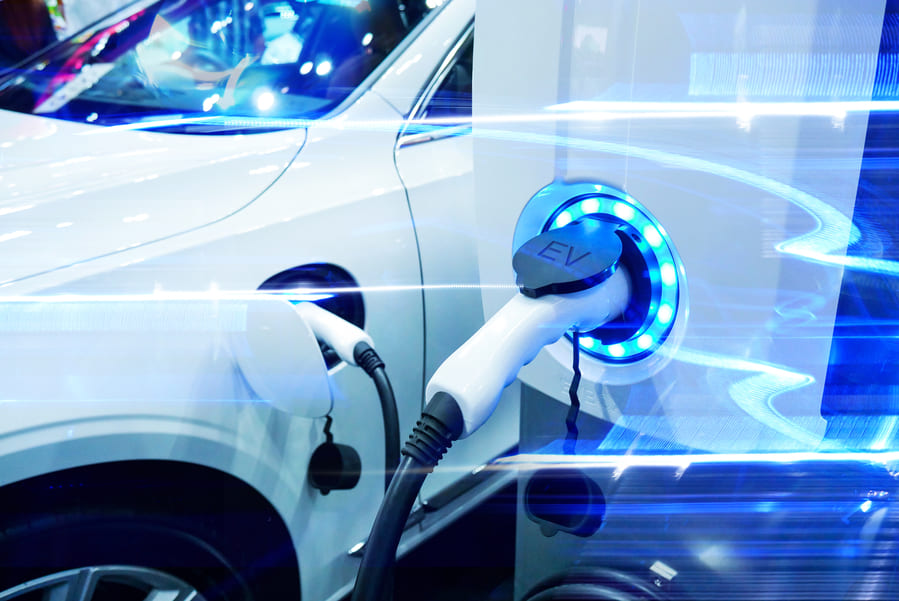
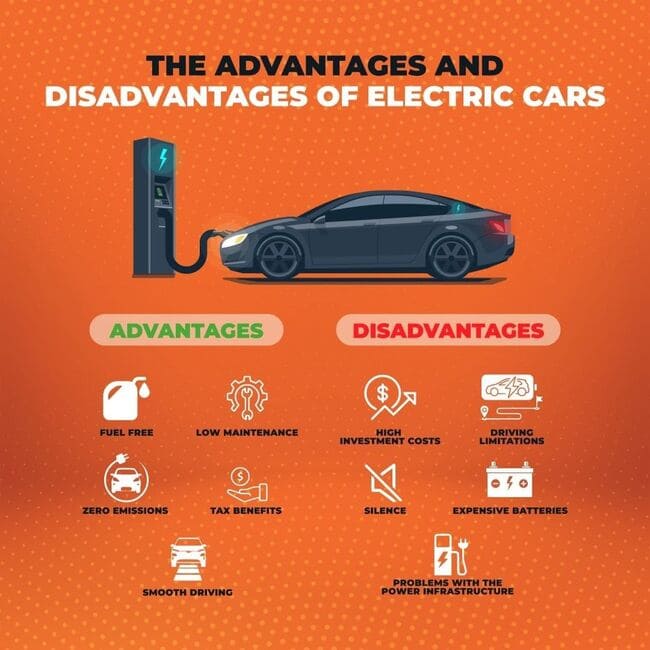





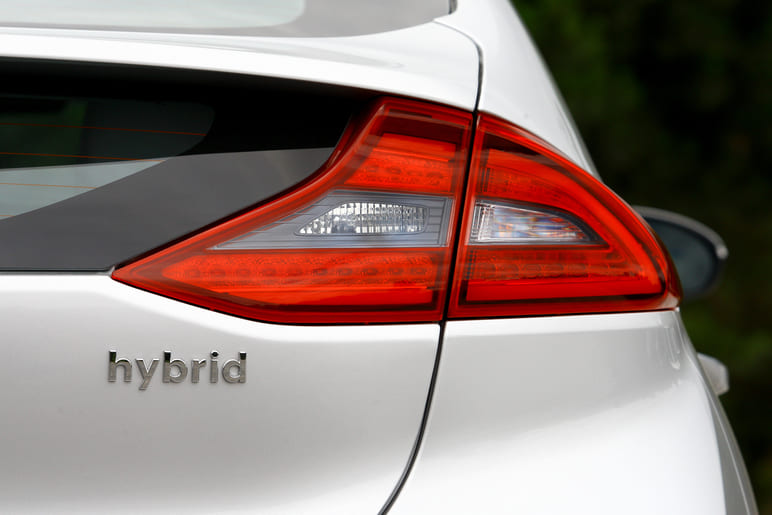

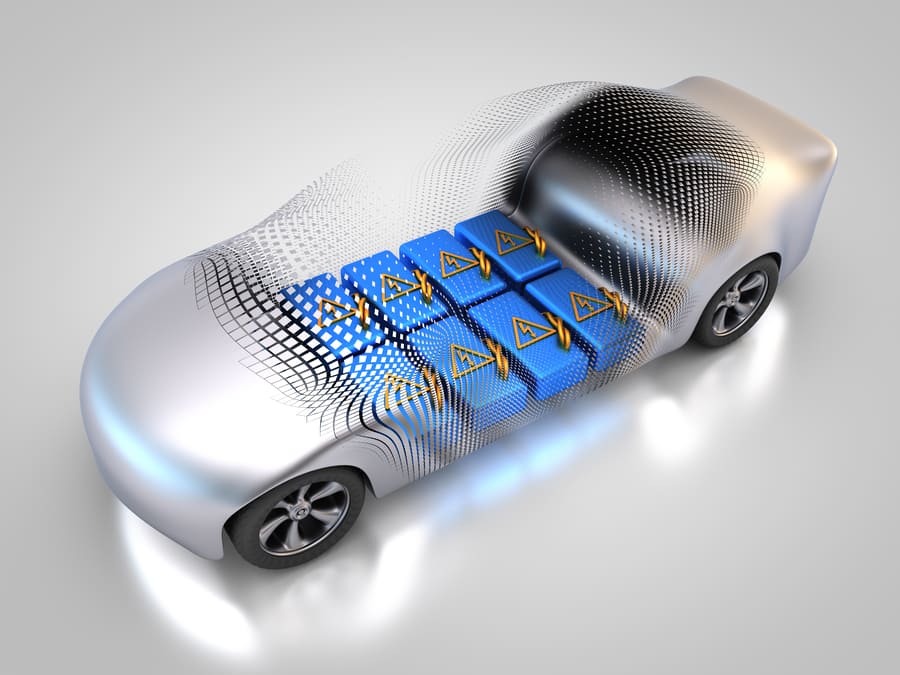
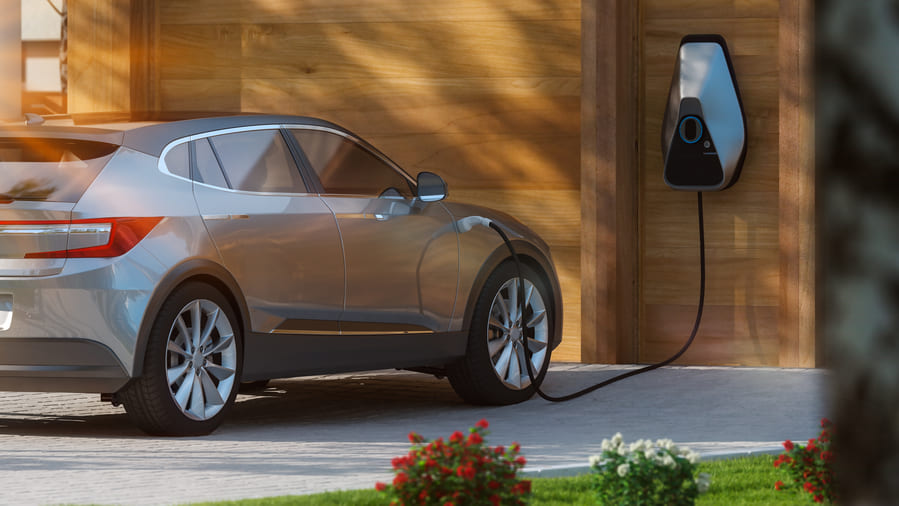

Comment